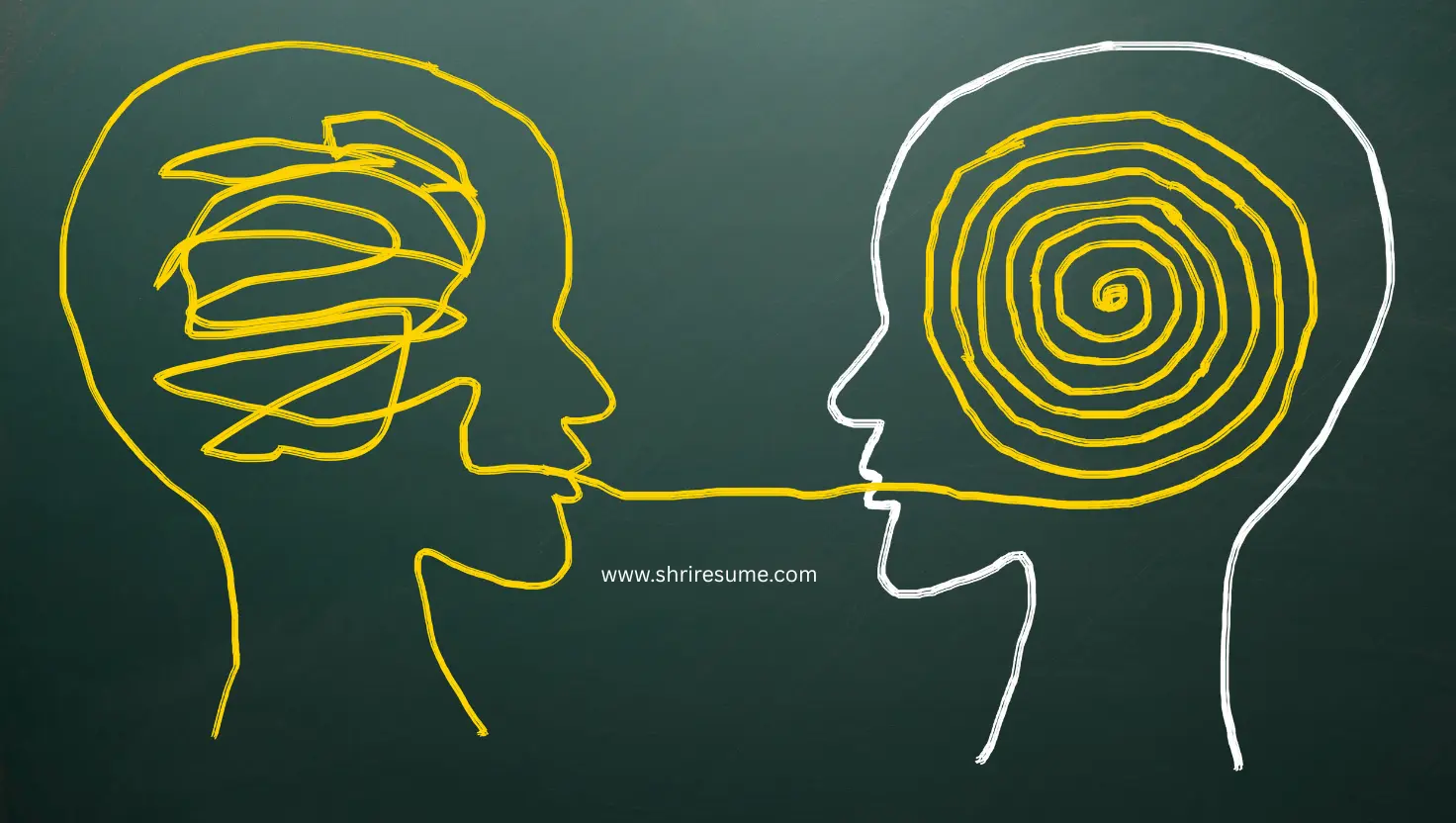Understanding Your Skillset
Understanding your skills prior to applying for jobs smooths the way to your dream job while ensuring that you perform well in that role if employed.
As a matter of fact, today’s employers don’t want an employee who can just perform a different set of tasks. Indeed, they tend to be more interested in learning about the skills of their existing employees which enables them to perform tasks brilliantly as well as think and act beyond expectations.

A skill is defined as the ability to perform a particular task well. It can be either natural or developed with time. A professional can recognize, acquire and enhance his/her skillset with practice and training. It is extremely crucial to assess your skills during every phase of your career since you identify your natural skills, develop new skills, and hone existing skills while being at school, college, and the workplace.
At school and college, you develop skills by engaging in curricular and extracurricular activities. Likewise, once you become a professional, you acquire skills through regular work, unpaid work, volunteering experience, and undergoing different training programs. Knowing one’s own skill set is perhaps one of the greatest strengths of any professional. So, let’s first find what type of skills employers look for in a potential job candidate.
Types of Skills
In the professional realm, the following type of skills are recognized by employers across various industries:
Soft Skills: Often called interpersonal skills, these are basically behavioral competencies. These are indeed tough to quantify and have more to do with an individual’s personality and ability to work with people around him/her. Soft skills may include critical thinking, conflict resolution, good communication, empathy, teamwork, time management, negotiation, and so on.
Hard Skills: These are the type of skills that can be learned and quantifiable. These include particular knowledge and abilities to perform various kinds of jobs. Its examples are data analysis, mathematical ability, computer programming, etc. Some of these are acquired through work while a few (like surgical skills) are first taught in a classroom and then honed through practice at the workplace.
Hybrid Skills: These constitute a blend of non-technical and technical skills. Many job roles entail employees to possess both hard and soft skills to perform the tasks as expected.
Transferable Skills: These may apply to various fields of profession. Such skills may include either soft ones like problem-solving and critical thinking or hard skills, such as mathematical ability or editing.
Job-Specific Occupational Skills:
These are specific to a particular job position. For instance, a hairstylist is expected to know the techniques of coloring hair and a dietician should possess knowledge of diet management.
How to Find What Skills You Possess
Emphasizing your skills is an important aspect of a job search. In fact, these should be clearly highlighted on your job application if you want to create a good impression on recruiters.
If you are unsure about your skills, try finding answers to the following question as these will help you recognize your skillset.
What do you like doing?
Identify those tasks that encourage you or make you feel highly competitive. Probably, if you have served in various roles in which you thoroughly enjoyed answering clients’ questions and satisfactorily resolving different queries, then these can be mentioned as “good communication skills” or “excellent customer service skills” on a resume .
What are the things that bring compliments to you?
Think of those specific activities or tasks for which your co-workers and boss usually praise you. During annual appraisals, you might generally be acknowledged for your team management skills. or, remember how many times your ex-bosses had appreciated you for your punctuality and attention to detail.
What have you done at work?
Refer to job descriptions (JD), both for the job you are currently doing or have done in the past and the one you have applied for. Mark those skills that are absolutely necessary to perform your previous, current, and future jobs. If you have developed an app in any of your past or present roles, you are likely to know a computer programming language or possess other tech-based skills
Besides, you can consider the following options to identify your professional skills :
Ask for Feedback:
There is nothing wrong with asking for feedback straightforwardly from people at the work. Speak with your previous managers to figure out what skills, according to them, make you a top performer in your field. You can also consider requesting feedback from co-workers and clients. However, experts suggest not to take any feedback from close friends at the office if you are really looking for an honest one.
Online Behavioral Tests:
A lot of employers today ask job seekers to take behavioral tests, such as Myers-Briggs and DISC. These tests are a great way to assess oneself that allows you to explore your emotional intelligence, interests, personality traits, confidence level, and more. So, if you want to be ahead of the game, you should take this test on your own.
Ways to Develop New Skills
In case you don’t have a skill that your dream job requires, skill-sharing can come in handy. As the name suggests, in skill sharing, you can train someone lacking a specific skill that you possess and in exchange, you can learn from him the one that you lack.

Another way to acquire both hard and soft skills is to undergo some training or pursue a professional course. These days, both are available online as well as offline.
In the End
Identifying and understanding your skillset is an important aspect of your career development as it keeps you aware of the requirements of various jobs of your interest.As a highly motivated professional, you should always strive to sharpen your existing skills while making all efforts to acquire new ones that you may require to develop to fulfill the ever-changing requirements of your dream jobs.
The aforementioned skill types along with the ways to assess them can help you have a better understanding of your own skills while figuring out those areas that need improvement.

Get a higher quality resume format
Our Resume Builder ensures best practices, logic, formatting standards and job matching opportunities from thousands of job boards and portals around the world.
By clicking Start Your Resume, Your are agree to our Terms of use and Privacy Policy
 India's
premier resume service
India's
premier resume service






